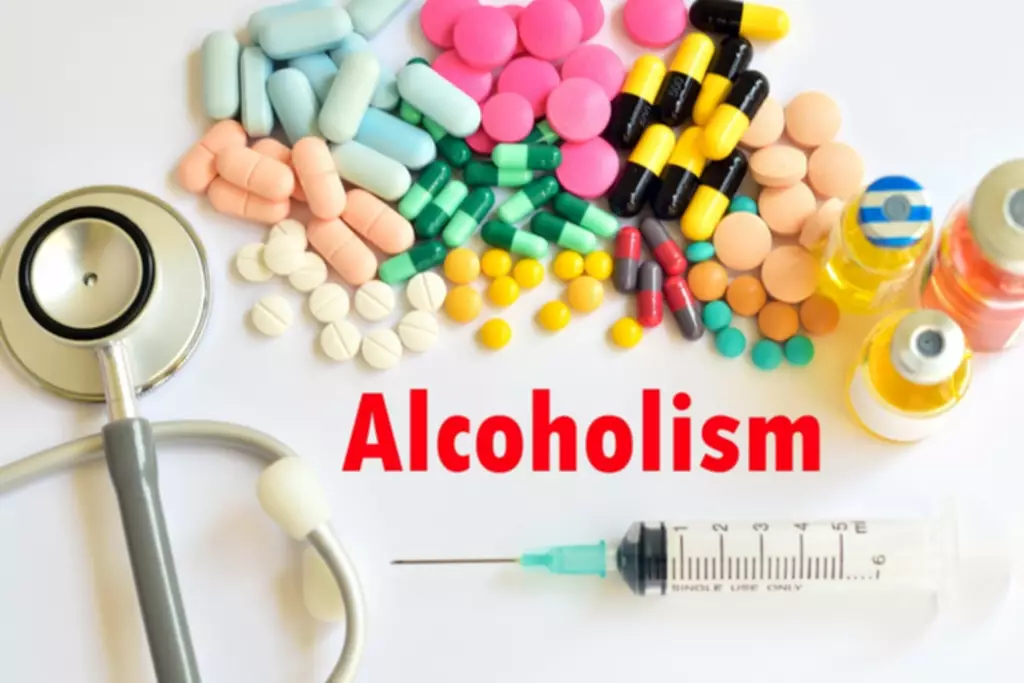
Treatment options for alcoholism are many and the good thing is that treatment is available at all stages of alcoholism. One does not have to reach a certain stage or be alcoholic enough to reach out for help in the case of alcoholism. Attempting to stop drinking without medical supervision could lead to life-threatening seizures.
- If you’re struggling with drinking, consider limiting how much alcohol you keep at home.
- You may notice your loved one going out to party and drinking more than they used to or beginning to use increasing amounts of alcohol.
- Our standard outpatient program supports clients who are further along in their recovery or balancing work, school, or family responsibilities.
- During this advanced phase, chronic alcoholism inflicts substantial damage to various organs and cognitive functions, severely impacting an individual’s health and overall quality of life.
How Does Alcohol Addiction Treatment Support Recovery?
While there is some evidence that addiction has a genetic component, it is not contagious. There are some warning signs that alcoholism displays and a typical pattern of how the disease progresses. Knowledge about these may help someone identify their, or someone else’s problem with alcohol sooner rather than later. Not every person will experience each stage and not everyone who consumes alcohol will develop alcohol use disorder (AUD). The beginning of alcohol misuse could start with occasional excessive drinking, but even these episodes can cause brain changes.
Stage 5: Addiction or Alcoholism
- Families and the substance user must stop trying to control the lives of the other.
- Not doing an intervention because you think they will say no is a feeble excuse.
- Whether your goal is to reduce harm from drinking or stop entirely, an addiction specialist can point you in the right direction and help you stay on track.
- Many individuals in this stage rationalize alcohol use, minimize its impact, or attribute consequences to external factors rather than excessive drinking.
- Alcohol use disorder (AUD) is a condition that is characterized by the inability to control or stop the consumption of alcohol despite potential negative consequences socially, occupationally, or health-wise.
The most comprehensive support and guidance a family needs is after the intervention, during their loved one’s treatment, and after treatment. An intervention is not someone talking to your loved one and inspiring them to go to treatment. Intervention is about families following through on their recovery while being supported during the turbulence of their loved one’s recovery. Addiction and mental health professionals have the most challenging job in healthcare.

Medication-Assisted Therapy (MAT)
The same principles of relapse apply to someone with mental disorders. The maintenance stage, also known as aftercare, allows the patient or their family to continue making progress after the action phase. The maintenance stage should be called the growth stage because people do not get better with maintaining; they get better with continuous improvement and growth. As we Oxford House mentioned in the action stage, the family must not let their guard down too soon, and the person with a substance use or mental disorder is not cured.

Ready to Overcome Addiction?
An addiction specialist could help individualize and enhance the support required for abstinence. About 10% to 20% of patients with alcoholic hepatitis are likely to 5 stages of alcoholism progress to cirrhosis annually, and 10% of the individuals with alcoholic hepatitis have a regression of liver injury with abstinence. Alcohol dehydrogenase converts alcohol into acetaldehyde, and aldehyde dehydrogenase converts acetaldehyde into acetate.

Inpatient treatment takes place at a licensed residential treatment center. You’ll live in safe, substance-free housing and have access to professional medical monitoring. To note that the above stages are not absolute or necessarily progressive. An overlap of the above stages and features of all three histologic stages can be present in one individual with long-standing alcohol abuse.

The pre-alcoholic stage marks the early period during which a person starts to engage in drinking. During this stage, alcohol consumption is typically moderate and infrequent, often in social or celebratory settings. Yes, treatment for end-stage alcoholism may involve addressing any underlying health conditions, medical detoxification, inpatient rehabilitation, and long-term support from a therapist and support group.